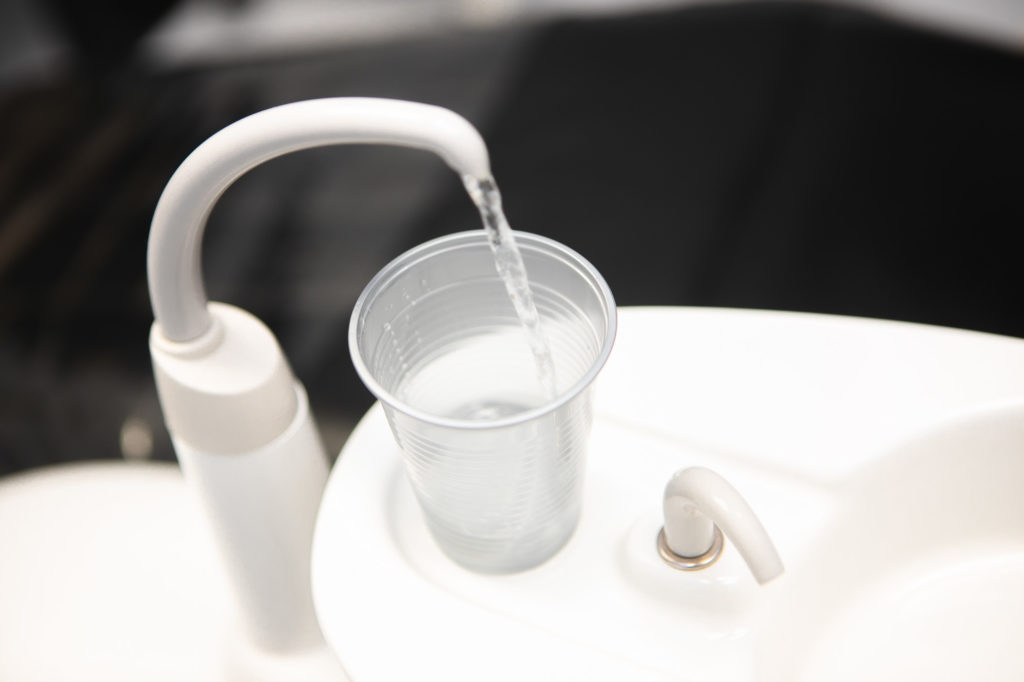10.08.2021
Caries is a consequence of the physico-chemical process of demineralization caused by acids formed by the metabolism of dento-bacterial plaque. The etiology of caries is multifactorial, and the factors caused by caries are dento-bacterial plaque, a diet rich in refined carbohydrates, reduced salivation, insufficient buffer capacity of saliva, insufficient oral hygiene, genetic factors, and socioeconomic factors.
Previous studies on twins and families support heredity as one of the factors influencing the development of caries, but as a less important factor. Inheritance affects oral microorganisms, saliva flow, and amylase enzyme activity. One study found a protective locus for caries on the X chromosome that could have an impact on the difference between the sexes.

The development of numerous genes is manifested in the development of teeth, and mutations of the same lead to changes in the structure of enamel and dentin, which can affect bacterial adhesion and acid resistance, which in turn leads to reduced resistance to caries. In addition to mineralization defects, genotype variations can also affect the sensitivity of normal enamel. Looking at today’s research, it can be said that the genetic background of each individual has certain influences on the occurrence of carious lesions.
However, the most important role in the development of caries is played by dental plaque, which is a soft, hard-to-notice plaque that clings firmly to the tooth wall. Regular maintenance of oral hygiene with a toothbrush, flossing, and going to the dentist reduce the chance of occurrence.
Therefore, despite the influence of genes, the most important thing is oral hygiene, which can prevent the development of caries and reduce the influence of genes in its formation.
